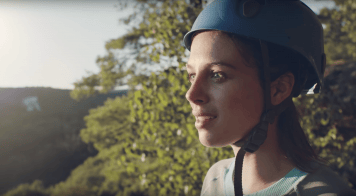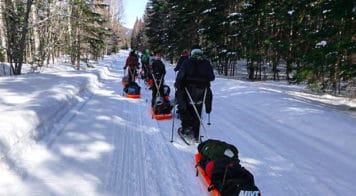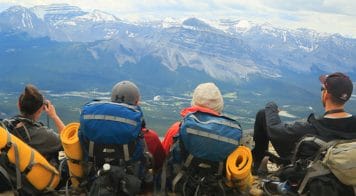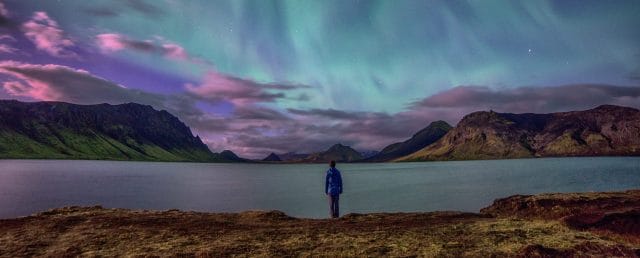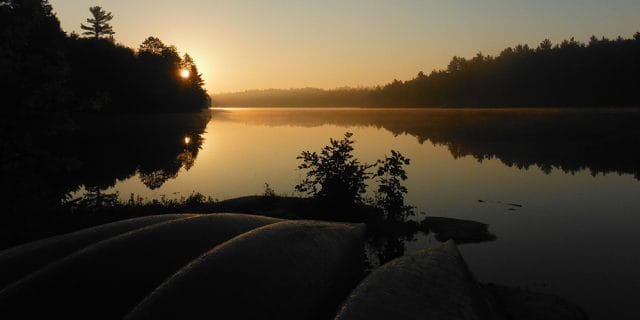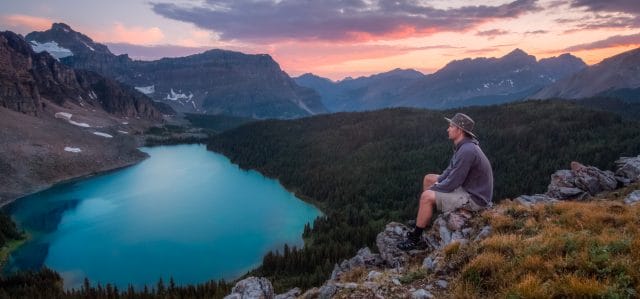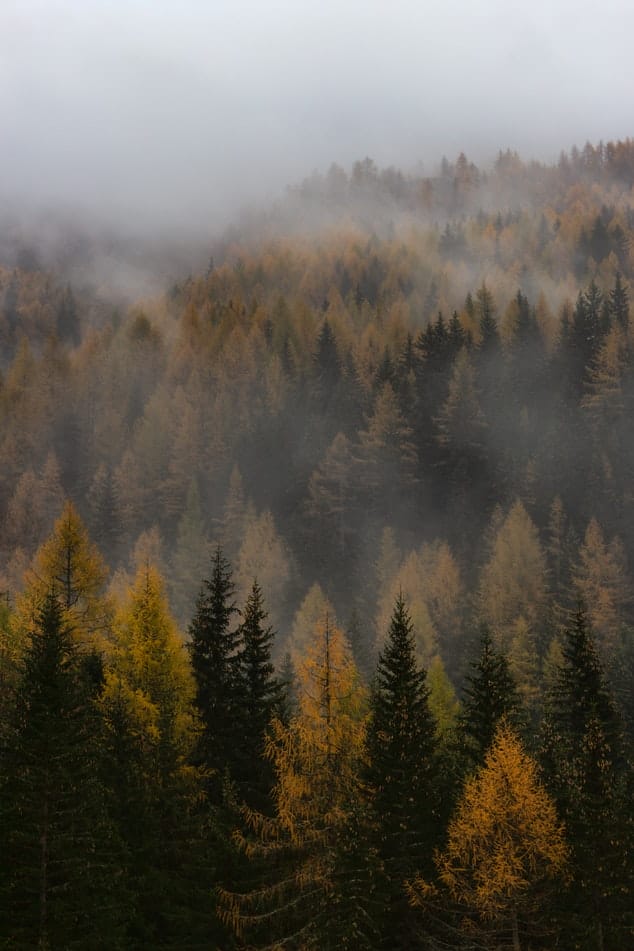Developing Relationships: An Interview with Jeff Horvath
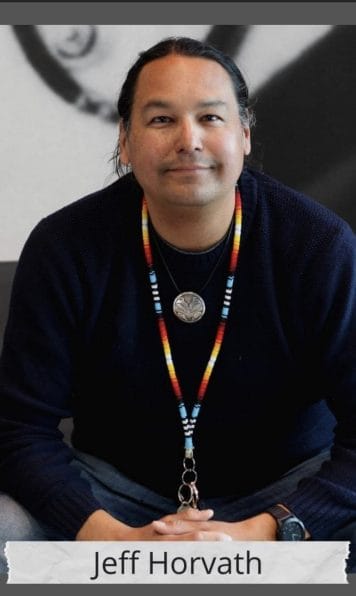 Jeff Horvath is a member of the Ojibways of Onigaming in north-western Ontario. This September he became the principal of Morely Community School in Alberta. Prior to this, he served as principal at the Tsuut’ina Nation High School. Jeff is also a doctoral candidate at the University of Calgary in Educational Leadership. He rejoined the Board of Directors of Outward Bound Canada in 2021, having previously served from 2012-2019. He was also a former Outward Bound instructor taking students on multi-week expeditions in the mountains and lakes of this country. Jeff is an Assistant Hiking Guide for the Association of Canadian Mountain Guides and serves on the board of directors for Spirit North. He lives in Canmore, Alberta, with his wife, Genevieve, and their two children.
Jeff Horvath is a member of the Ojibways of Onigaming in north-western Ontario. This September he became the principal of Morely Community School in Alberta. Prior to this, he served as principal at the Tsuut’ina Nation High School. Jeff is also a doctoral candidate at the University of Calgary in Educational Leadership. He rejoined the Board of Directors of Outward Bound Canada in 2021, having previously served from 2012-2019. He was also a former Outward Bound instructor taking students on multi-week expeditions in the mountains and lakes of this country. Jeff is an Assistant Hiking Guide for the Association of Canadian Mountain Guides and serves on the board of directors for Spirit North. He lives in Canmore, Alberta, with his wife, Genevieve, and their two children.
Jeff Horvath spoke with John McAlister about his history with Outward Bound Canada and his hopes for the future.
Welcome back to Outward Bound Canada. What led you to rejoin the Board of Directors?
In conversations with Andrew Young, the Executive Director, I learned that OBC was searching for Indigenous representation for the board. I left the board in 2019, not for any particular reason other than I thought the time felt right. If anything, the distance from my home in Canmore to Toronto was a challenge. It was at this time I got involved with Spirit North, a charity that supports Indigenous youth through cross-country skiing and other activities. I’m good friends with Beckie Scott, the CEO, and since they were based in Canmore, it was easier to stay involved. However, with the COVID -19 Pandemic, everything changed. The OBC board moved online and maintained regular meetings. With this shift for the whole organization, I felt I could stay better connected since we were all in the same boat. And since OBC was wanting help with Indigenous programming it made sense for me to rejoin the board. I was back on in June 2021. I was relieved I didn’t have to return my OBC paddle that was gifted to me when I left.
What is your most meaningful memory from your history with Outward Bound?
The creation of SAGE. It was a program for Indigenous students from the Stoney Nation in Alberta. We took students from our school in Canmore on expeditions throughout the school year. Whether it was backpacking in the Rockies or paddling the North Saskatchewan River or even sea kayaking in Clayoquot Sound, these experiences were profound for me and my students. Also, I have to mention Homeplace. That was the base camp for programs in NW Ontario and where I became an OBC instructor. The expeditions I helped instruct were transformational for me. The lakes and rivers taught me so much about life, my path and my life.
The pandemic has had a significant negative impact on the social and emotional development of many children and youth. How do you see Outward Bound playing a role in addressing this?
I believe that connection to the land can heal. It is part of being human. When the time is right I will get my students on the land. To breathe the air and cherish this experience. The pandemic has been very hard on many of us but getting young people on the land will help.
From your perspective as an educator and school principal, why should educational institutions seek out opportunities for outdoor education and adventure?
The value of outdoor education is significant. The personal growth that one can develop transfers to their academic lives and that benefits the school and its mission.
As an Indigenous leader, teacher and father, what do you hope for in regards to the future of Indigenous youth and communities?
We are on a road of Reconciliation. It has started. It will be a long road as the damage has been severe and may take generations but we are now on that road. My hope is for our children to have the same opportunity as other Canadian children.
As an organization that serves both Indigenous and non-Indigenous young people and operates on the traditional lands of Indigenous Peoples, how can Outward Bound create more meaningful opportunities to promote truth and foster reconciliation?
I feel that awareness is the most important thing. For our groups to be aware of the land that they travel on and whose traditional territory we visit. It would be wonderful to develop relationships with the communities that have their traditional territory as places we go. To one day set up protocols with these nations to give blessings to our groups. I remember I once did a self guided trip on the Nahanni and visited the local regional chief. I gave him tobacco and asked him for permission to travel on their land. He was surprised and honoured by the gesture. He told me that he really appreciated this and gave me and my family his blessing. That is something we should strive for.
